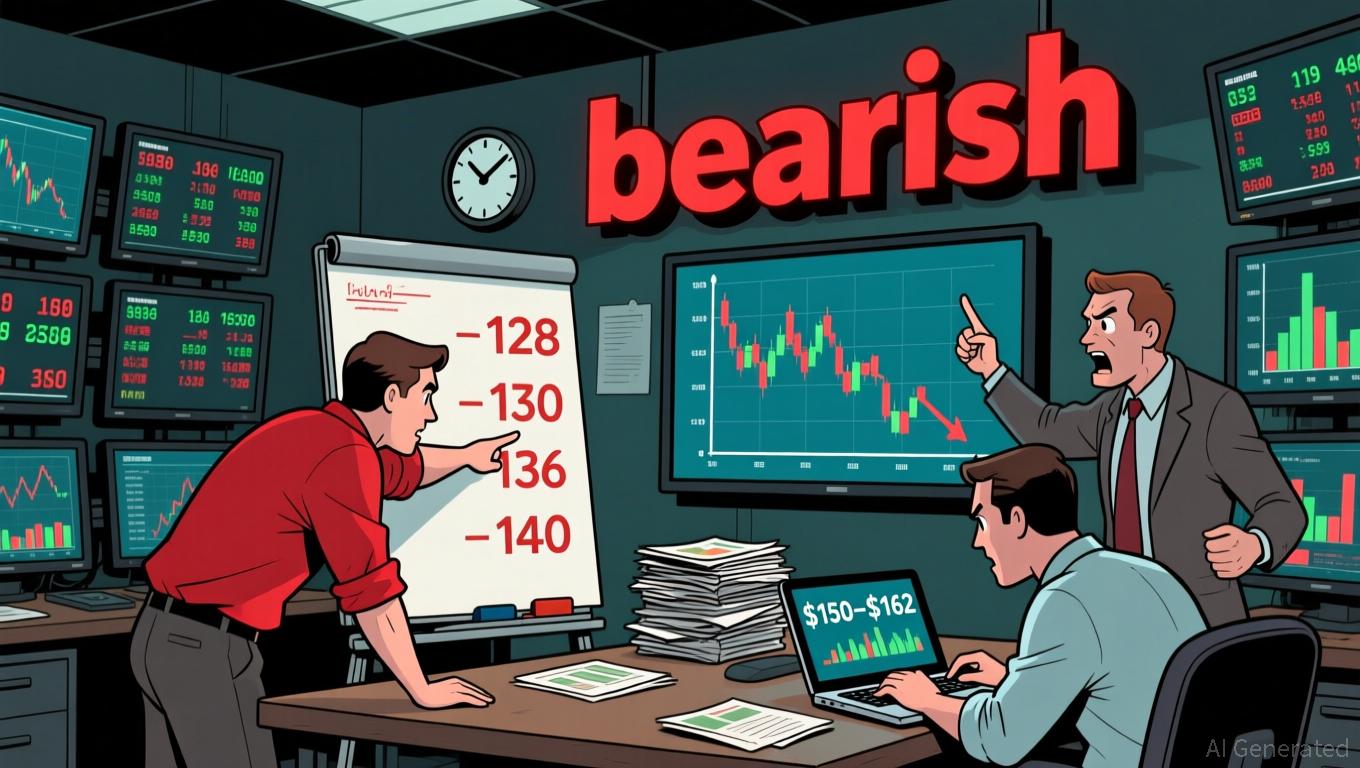Investors pile into alts through ETFs
Nearly half of Americans are ditching the old-school playbook. According to a Charles Schwab survey released yesterday, 45% of US investors now say they want to put money into non-traditional assets, and that includes everything from crypto and gold to private equity, real estate partnerships, and hedge funds.
The same poll says two-thirds of people think sticking only to stocks and bonds doesn’t cut it anymore.
Reportedly, Schwab asked 2,400 people (2,000 adults, plus an extra 200 Gen Zers and 200 crypto investors) what they thought about investing. The message was loud and clear: the traditional model isn’t enough. Young people, especially, are fed up. Experts even have a name for it: “financial nihilism.” People want more choices, and they’re not scared to look outside the usual options.
Investors pile into alts through ETFs
Alternative investments, or “alts,” include anything outside the usual cash, stocks, and bonds. We’re talking commodities like gold and oil, real estate, private companies, and of course, cryptocurrency. But these options are messy. They come with complex rules, lock-up periods, and in many cases, low liquidity. That’s where exchange-traded funds (ETFs) come in.
Instead of diving into private deals, more investors are picking ETFs that track these riskier assets. It’s a safer way to get in without locking up funds for years. According to State Street Investment Management, over $1 trillion has already gone into U.S.-based ETFs this year, and analysts allegedly told CNBC that much of that money has gone straight into gold and crypto ETFs.
Cathy Curtis, CEO of Curtis Financial Planning, says ETFs help skip the red tape. “These [private] investments often have multi-year lockup periods, limited redemption windows, or depend on the underlying fund liquidating its holdings before investors can get paid out,” she said. In contrast, ETFs holding those same assets can still be bought and sold throughout the day, even in after-hours trading.
But Curtis also gave a warning. People with smaller portfolios shouldn’t go too deep into alts. “Keep alternatives under 5% if your portfolio’s small. Bigger investors can push it to 10–15%,” she said. ETFs offer access, but they’re not magic.
Government pushes make alt access easier
The regulatory environment is also shifting. In August, former President Donald Trump signed an executive order that makes it easier to offer alts inside workplace retirement plans. At the same time, the U.S. Securities and Exchange Commission (SEC) has rolled out changes that could speed up the launch of spot crypto ETFs. Both moves could blow the door wide open for more everyday investors to buy into alternatives without complicated legal or financial hoops.
Still, not everyone’s convinced it’s time to jump ship from traditional assets. Andy Reed, who heads behavioral economics research at Vanguard, says the hype can lead people into bad decisions. “Although there is constant noise in the investment landscape, chasing fads or the latest headlines can negatively impact an investor’s portfolio in the short and long term,” Reed said.
And the data backs him. If you had tossed $1,000 into the S&P 500 in February 1970, you’d be sitting on over $379,000 today. Even a $1,000 bet in January 2020 would be worth $2,200 by October 20, according to Morningstar Direct.
So, while more investors are hungry for alternatives, the message from advisors is clear: non-traditional assets are growing, but they’re not a free pass. As Curtis put it, “Boring investing still works.”
Disclaimer: The content of this article solely reflects the author's opinion and does not represent the platform in any capacity. This article is not intended to serve as a reference for making investment decisions.
You may also like
Eightco’s WLD Staking Jumps 3% as Company Moves Focus from Biometric Disputes to Blockchain Infrastructure
- Eightco's 1.3B WLD stake drove a 3% price surge as the firm shifts focus from biometric data to blockchain infrastructure projects. - The disclosure highlights institutional crypto ownership trends while distancing from WLD's controversial data monetization model. - Intuit's $100M+ OpenAI partnership boosted shares 3.4% by integrating AI financial tools into ChatGPT and enterprise platforms. - The deal underscores AI-driven fintech innovation, positioning Intuit against competitors expanding generative A

Cardano News Update: Hoskinson's Wager Against Major Holder Sell-Offs—Is ADA's $0.50 Floor at Risk?
- Cardano (ADA) stabilized above $0.50 amid whale selling and Charles Hoskinson's $200M investment in Trump-linked American Bitcoin . - Over 4 million ADA dumped weekly by large holders, signaling volatility as Hoskinson defends Bitcoin-AI synergy potential. - ADA's 41% lower trading volume and 3% open interest drop reflect reduced speculation despite technical support at $0.50. - Whale activity and stagnant $240M TVL highlight market skepticism, with Hoskinson attributing DeFi challenges to low user engag

Solana News Today: Solana Challenges $130 Support Level: Will ETF Inflows Offset Negative Market Trends?
- Solana (SOL) tests $130 support as price falls below $140, with technical indicators signaling bearish consolidation below key moving averages and resistance at $136. - Institutional adoption accelerates via VanEck's U.S. spot Solana ETF, managed by SOL Strategies through its Orangefin validator node, joining Bitwise and Grayscale in attracting $382M inflows. - Price remains range-bound near $155 amid mixed signals: ETF inflows provide partial support, but RSI/MACD remain bearish, with $162 breakout pote

Ethereum Updates Today: U.S. Paves Way for Banks to Offer Crypto Services Following Change in Blockchain Fee Regulations
- U.S. banks can now hold crypto on balance sheets to pay blockchain fees, per OCC guidance, easing crypto service integration. - Policy clarifies permissible use of assets like ETH for gas fees, requiring "reasonable" reserves and compliance with safety standards. - Trump-era crypto-friendly reforms, including the GENIUS Act, aim to position the U.S. as a global crypto innovation leader. - Major banks accelerate crypto adoption, expanding custody partnerships and stablecoin projects amid regulatory clarit

